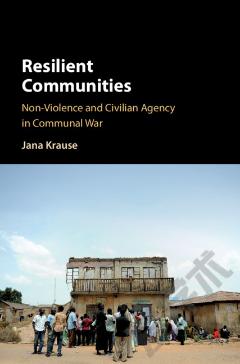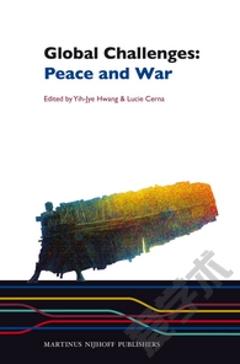War, Virtual War and Society —— The Challenge to Communities
----- 战争、虚拟战争与社会:对社会的挑战
Rarely do academics and policymakers have the opportunity to sit down together and contemplate the broadest consequences of war. Our comprehension has traditionally been limited to war’s causes, execution, promotion, opposition, and immediate political and economic ends and aftermath. But just as public health researchers are becoming aware of unexpected, subtle and powerful consequences of human economic action, we are beginning to realize that war has many short- and long-term consequences that we poorly understand but cannot afford to neglect.
These papers contribute to a growing discourse among academics, scholars and lawmakers that is questioning and rethinking the nature and purpose of war. By studying the effects of war on communities we can more readily understand and anticipate the consequences of present and future conflicts. Such an understanding might well enable us to plan and execute military action with a more clearly defined set of post-war goals in mind. Whereas traditionally a government at war seeks the defeat of the adversary as its primary and often sole aim, through a clearer understanding of war’s effects other aims will also become prominent. War, like surgery, could gradually become more refined, could minimize damage in ways that are currently unimaginable, and could involve an increasingly heavy responsibility to prepare for and facilitate reconstruction.
Projects such as this volume are, of course, only the beginning. The more we understand the evolving nature of war, the better prepared we will be to protect communities from its harmful effects.
{{comment.content}}








 京公网安备 11010802027623号
京公网安备 11010802027623号